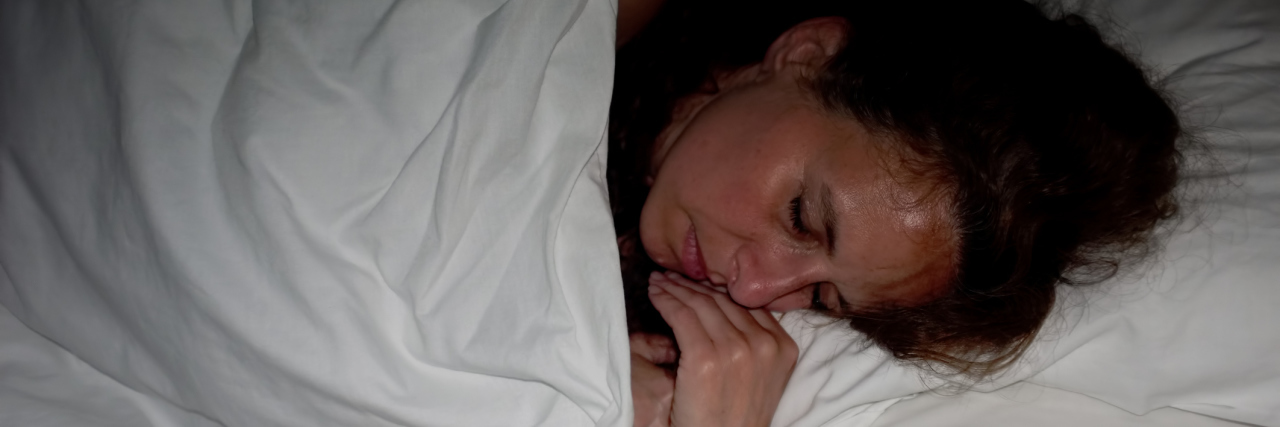I purposefully reach for my phone and swipe to unlock. The icons appear and…I stare at them blankly. What was I doing? Just a second ago, I knew. I remember it was important to me, but I can’t remember what it was. It will come back to me, I think, and turn off the phone. Then, of course, it does. I was picking up my phone to look at my fitness tracker and see how long I’d slept. Ironically, I was trying to determine whether a lack of sleep was affecting my cognition.
- What is Fibromyalgia?
- What Are Common Fibromyalgia Symptoms?
Cognition – the ability to think, reason, and remember – is worsened by a lack of sleep, according to Dr. Frederick W. Foley, a cognitive researcher I heard speak earlier this month at the Multiple Sclerosis (MS) Summit. Since I was volunteering at the event, sponsored by the MS Coalition, I had the opportunity to hear Dr. Foley’s presentation twice. Yet at this moment, running on less than six hours sleep and experiencing heavy brain fog, I can’t remember many specifics of what he said. I do remember he talked about the high incidence of sleep disorders in multiple sclerosis, and how symptoms like pain, spasticity, and bladder dysfunction also interfere with sleep.
The same could be said of the symptoms of my condition, fibromyalgia, but the condition itself also interferes with deep sleep. For people like me, getting a good night’s sleep can be a tricky proposition, but one that’s essential to healthy cognitive function. Surprisingly, though, even the best medical professionals may not be aware of this.
“I’m having a flare-up, so I’ve been making sure to get at least a good 8-9 hours of sleep,” I told my doctor.
“Nine hours?!” she exclaimed. “At your age, you should be able to get by on six!”
My well-educated doctor, who goes out of her way to keep up-to-date on the latest research and standards of care, was wrong. According to the Centers for Disease Control (CDC), any adult needs a minimum of seven hours of sleep a night. Yet, so few of us are actually getting it that the CDC has declared sleep a national public health crisis in the U.S.
According to the CDC, the lack of sleep really interferes with our cognitive function. In a nationwide survey, they found:
1. 23.2 percent of survey respondents (almost 50 million people) reported problems concentrating during the day.
2. 11.3 percent (24 million) indicated lack of sleep interfered with driving.
3. 8.6 percent (18 million) reported that sleep deficiency interfered with job performance.
It’s not just adults, either. They found that 60 percent of middle schoolers and whopping 70 percent of high school students are underslept, and that this lack of sleep leads to attention problems.
Why, with so widespread a problem, are doctors not aware? Why are those specialists who treat people with sleep-mediated symptoms (such as cognitive dysfunction, fatigue, and depression) not screening for sleep problems when they examine their patients? Sleep is treated as an afterthought by the medical community and I don’t know why.
Maybe after I get some sleep, I’ll be clear-headed enough to figure it out.
Getty Image by Artistan

